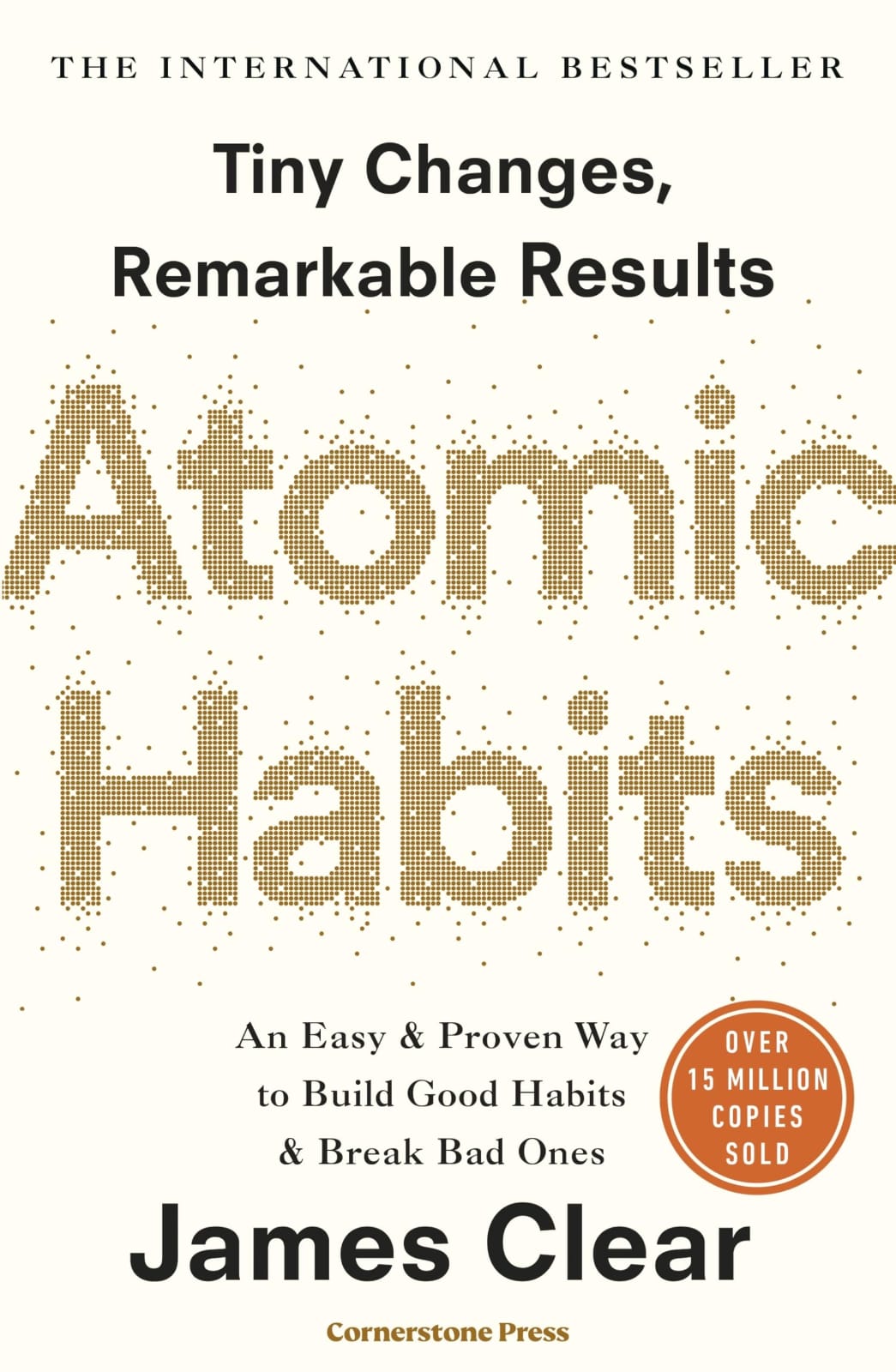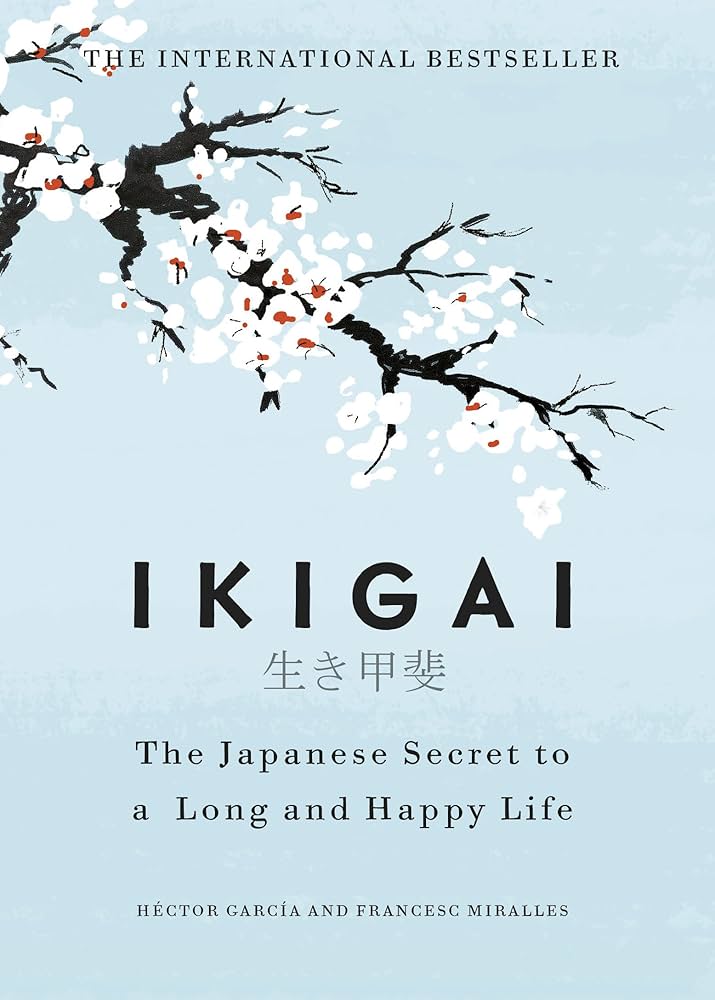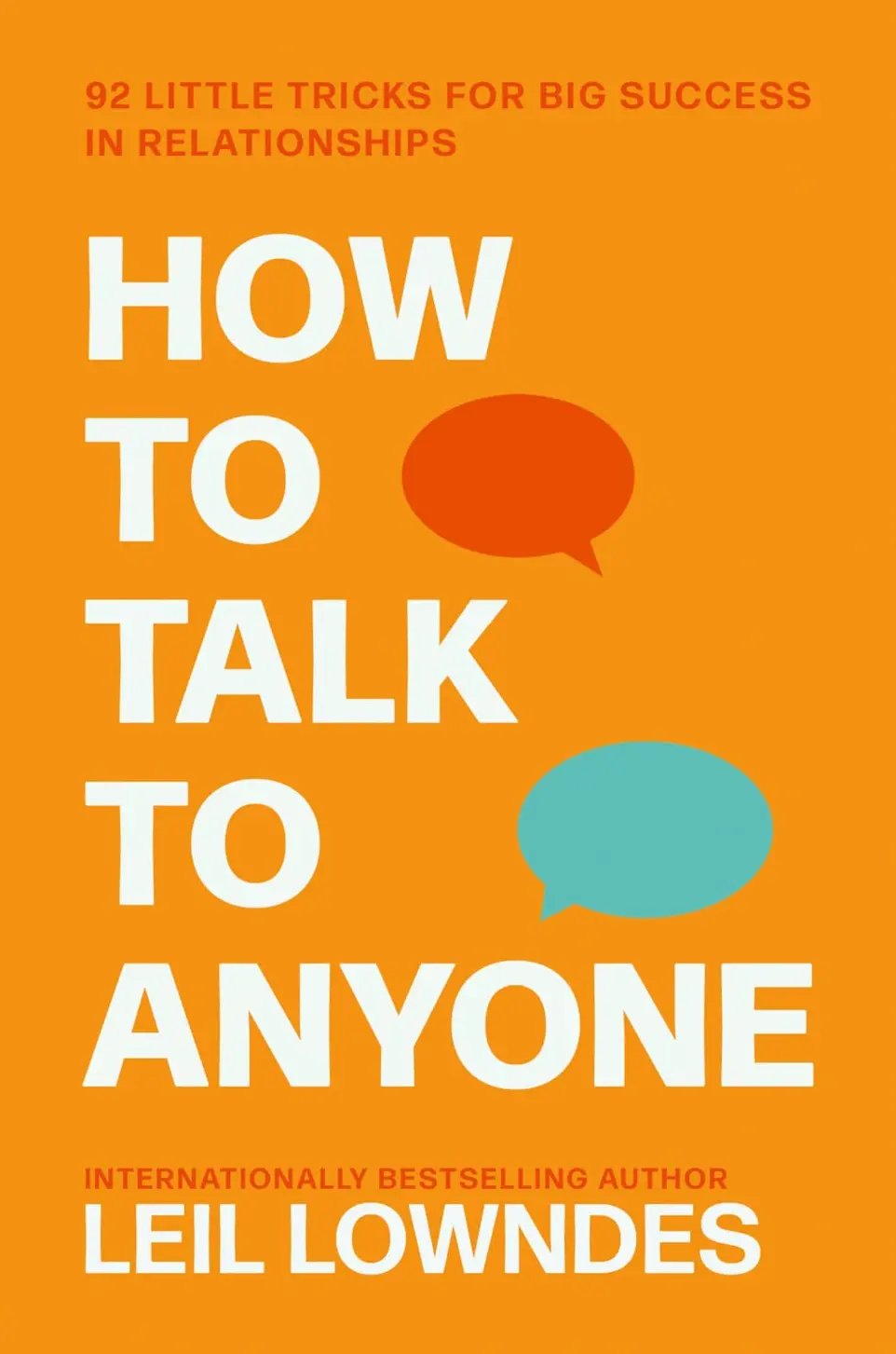Book Summaries
Welcome to our collection of self-help book summaries! Here, you can quickly explore the key insights and takeaways from a variety of influential books in personal development.
1.Atomic Habits
In Atomic Habits, James Clear presents a compelling framework for understanding how small changes can lead to significant personal transformation. He argues that success is the result of daily habits, not dramatic shifts or monumental changes. Clear emphasizes the power of “atomic” habits—tiny adjustments that can accumulate over time to produce remarkable results.
The book is structured around four fundamental laws of behavior change: make it obvious, make it attractive, make it easy, and make it satisfying. These principles guide readers in developing good habits and breaking bad ones. Clear underscores the importance of identity in this process, suggesting that lasting change stems from how we perceive ourselves. Instead of merely setting goals, he encourages readers to focus on the type of person they want to become.
Clear also delves into the concept of the habit loop and the significance of environment in habit formation. By designing our surroundings to support our desired behaviors, we can make positive habits more automatic and reduce reliance on willpower alone.
With a wealth of practical strategies, real-life anecdotes, and actionable insights, Atomic Habits serves as a comprehensive guide for anyone seeking to improve their lives through better habits. Clear’s engaging writing and relatable examples make complex ideas accessible, inspiring readers to take small, consistent actions that lead to long-term success. Ultimately, the book empowers individuals to master the tiny behaviors that can create significant, lasting change in their personal and professional lives.

2.Ikigai
Ikigai explores the concept of finding one’s purpose or reason for being, which the authors describe as "ikigai" in Japanese. This term combines the words "iki" (life) and "gai" (worth), suggesting that our ikigai is what brings us joy and fulfillment. Through a blend of research, interviews, and personal stories from the people of Okinawa—one of the regions with the highest life expectancy—the book reveals the essential elements that contribute to a long, meaningful life.
The authors identify four key components of ikigai: what you love, what you are good at, what the world needs, and what you can be paid for. By finding the intersection of these areas, individuals can uncover their unique purpose. The book also emphasizes the importance of community, mindfulness, and maintaining a healthy lifestyle, including regular physical activity and a balanced diet.
In addition to practical advice, Ikigai encourages readers to embrace small, everyday joys and cultivate relationships with others. The book illustrates how a sense of purpose can lead to greater happiness, resilience, and longevity. Ultimately, Ikigai serves as a guide to help individuals discover their true passions and live a fulfilling, balanced life that aligns with their values and aspirations.

3.How to talk to anyone
In How to Talk to Anyone, Leil Lowndes offers practical tips and techniques to enhance communication skills and build strong relationships. The book is designed to help readers navigate social situations with confidence and ease, making it a valuable resource for anyone looking to improve their conversational abilities.
Lowndes presents 92 effective strategies that cover various aspects of communication, from starting conversations to maintaining engaging dialogue. Some key techniques include the “Smile and Nod,” which emphasizes the importance of non-verbal cues, and “The Flooding Smile,” which suggests using a warm and genuine smile to create a positive first impression. Lowndes also discusses the power of active listening, encouraging readers to show genuine interest in others by asking open-ended questions and remembering details from previous conversations.
The author highlights the significance of body language, eye contact, and voice modulation in effective communication. By mastering these skills, individuals can create stronger connections and foster a sense of trust with others.
Overall, How to Talk to Anyone is a comprehensive guide that empowers readers to become more charismatic and effective communicators. Through a blend of practical advice and relatable anecdotes, Lowndes inspires readers to break down social barriers and engage more meaningfully with the people around them, ultimately leading to greater success in personal and professional relationships.

4.Man's search for meaning
Man’s Search for Meaning is a profound memoir and psychological exploration by Viktor E. Frankl, a Holocaust survivor and psychiatrist. The book recounts Frankl's harrowing experiences in Nazi concentration camps during World War II and examines how these experiences shaped his understanding of life’s purpose.
Frankl posits that the primary drive in human beings is not pleasure (as Freud suggested) or power (as Adler proposed) but rather the search for meaning. He identifies three main sources of meaning: purposeful work, love, and courage in the face of suffering. Through his observations of fellow prisoners, Frankl demonstrates that those who found meaning in their suffering were more likely to survive the brutal conditions of the camps.
The book is divided into two parts: the first details Frankl’s experiences in the camps, illustrating the depths of human suffering and the struggle for survival, while the second presents his psychotherapeutic method called logotherapy, which focuses on finding personal meaning in life.
Frankl emphasizes that even in the most unimaginable circumstances, individuals can choose their attitudes and find purpose. He encourages readers to embrace their responsibilities, pursue meaningful goals, and recognize that life has intrinsic value, regardless of hardships. Ultimately, Man’s Search for Meaning is a testament to the resilience of the human spirit and the enduring quest for purpose in life.
